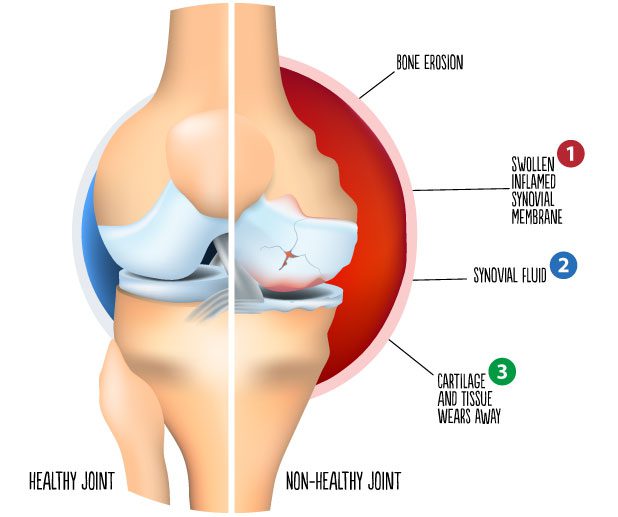
How do joint supplements work?
How do joint supplements work?
It would be surprising if an animal with the size and weight of a horse would not have joint problems in the work that we require of him. These problems are often cumulative, so even in horses that are not overtrained, they can develop with time. Excess weight, rare or incorrect trimming, and exterior flaws also contribute.
Fortunately, the horse’s body has mechanisms to cope with normal stress on the joints, and we can help these mechanisms by providing essential nutrients to keep them functioning.
Caring for joint health begins with providing your foal with all the materials it needs to develop strong bones and joints. This requires the right levels and ratios of macro- and microminerals, including ultra-microminerals such as boron and silicon, as well as sufficient protein with an adequate amino acid composition. Whey protein and hydrolyzed collagen are rich sources of key amino acids needed to build bones and connective tissues, in particular articular cartilage.
Methylsulfonylmethane (MSM) may help maintain a balance between cytokines involved in destruction, remodeling and repair. Vitamins C, D and K play a key role in the formation of cartilage and bones.
The three most familiar ingredients in joint supplements are glucosamine, chondroitin, and hyaluronic acid.. All three are natural components of joint fluid, cartilage, and connective tissue matrix. In addition to being structural elements, they also have important homeostatic functions.
So, glucosamine supports the expression of enzymes that synthesize hyaluronic acid and cartilage components, and also helps maintain a healthy balance between the activity of cytokines that destroy and restore bone tissue.
Chondroitin sulfate has a similar effect and maintains a healthy anabolic-catabolic balance. In fact, glucosamine and chondroitin complement each other.
hyaluronic acid It is the main component that gives synovial fluid its viscous, lubricating properties, but it also has other functions, including supporting cell division and participating in natural cleansing and repair activities. Its presence gives the joint the ability to retain fluid, as well as elasticity.
Vitamin C It is critical both for the health of bones and cartilage, and for soft tissues of all types, as it plays a crucial role in the formation of collagen, the main protein of all these structures.
Horses can synthesize vitamin C on their own, but it is not known if they can synthesize sufficient amounts in case of increased requirements.
Whole a range of medicinal plants a share of joint support is also used, including devil’s claw, boswellia and yucca. Their common properties are antioxidant effects and support for a healthy balance between catabolic and anabolic activity.
The horse’s skeletal system is stressed every day. Our goal is to provide the horse with the nutrients it needs to support its ability to cope with the inevitable challenges and maintain bone, joint and connective tissue health.
Eleanor Kellon, DVM.
Translation by Ekaterina Lomeiko (Sara). If you have any questions for the translator, you can ask them here





